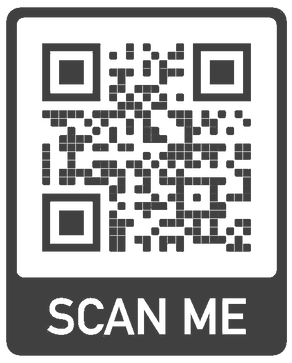Traditional Chinese Medicine (TCM) offers a holistic approach to healthcare and has been used for thousands of years to treat a wide range of conditions. TCM includes various modalities such as acupuncture, herbal medicine, dietary therapy, and meditation. In recent years, acupuncture and Chinese Medicine have gained popularity as alternative treatments for dementia.
Acupuncture is a form of TCM that involves the insertion of fine needles into specific points on the body. According to TCM theory, these points are located along meridians or energy pathways that run throughout the body. By stimulating these points, acupuncture can help restore balance and promote healing. Studies have shown that acupuncture can be effective in treating dementia symptoms. Acupuncture has been found to improve cognitive function, memory, and behavioral symptoms such as depression and anxiety. It is believed that acupuncture works by increasing blood flow to the brain, promoting the release of neurotransmitters, and reducing inflammation. In addition to acupuncture, Chinese herbal medicine can also be effective in managing dementia symptoms. Chinese herbal medicine involves the use of natural herbs and plant extracts to treat various conditions. In TCM theory, herbs are classified according to their properties such as hot or cold, and their effects on the body. Studies have shown that Chinese herbal medicine can improve cognitive function, memory, and behavior in patients with dementia. One study found that a herbal medicine was more effective than western medication alone in treating dementia symptoms. Dietary therapy is another aspect of TCM that can be beneficial for managing dementia symptoms. In TCM theory, diet plays an important role in maintaining health and preventing disease. A TCM practitioner may recommend dietary changes based on a patient's individual constitution and the nature of their condition. In general, a TCM diet for dementia may include foods that are nourishing to the brain and promote circulation. These foods may include nuts, seeds, whole grains, leafy greens, and fish. A TCM physician may also recommend avoiding foods that are considered detrimental to brain health, such as processed foods and sugar. In addition to acupuncture, herbal medicine, and dietary therapy, TCM also includes meditation and other mind-body practices. These practices can help reduce stress and promote relaxation, which can be beneficial for managing dementia symptoms. One study found that a mindfulness-based intervention improved cognitive function and quality of life in patients with early-stage dementia. The intervention included meditation, breathing exercises, and other mindfulness practices. Another study found that a Tai Chi program improved cognitive function and reduced behavioral symptoms in patients with Alzheimer's disease. In conclusion, acupuncture and Chinese Medicine offer a holistic approach to managing dementia symptoms. These modalities can be used alone or in combination with conventional treatments to improve cognitive function, memory, and behavior. TCM practitioners take a personalized approach to treatment, considering each patient's individual constitution and the nature of their condition. Comments are closed.
|
About UsAt Singeast TCM, we provide comprehensive diagnosis and personalised TCM treatment services at the convenience of your home.
Contact UsTo make a home visit appointment, reach us by the phone number or QR code below.
Archives
May 2024
ALL RIGHTS RESERVED © SINGEAST TCM
|




 RSS Feed
RSS Feed
